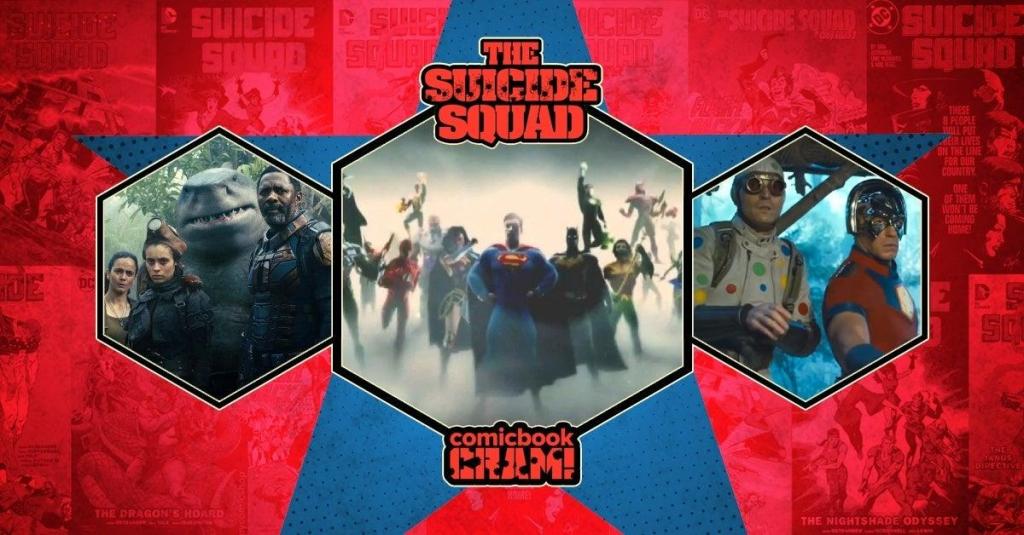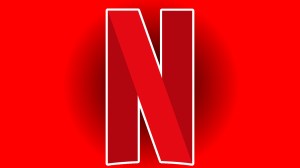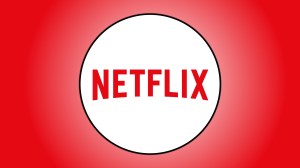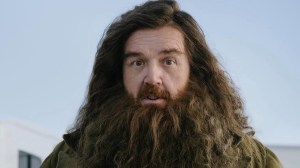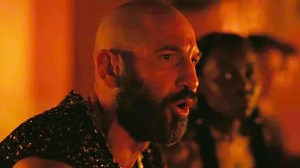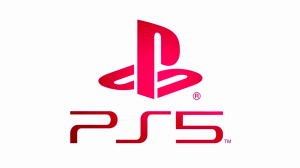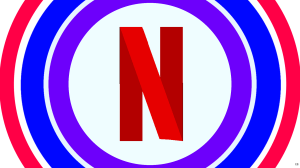We’re just days away from the debut of The Suicide Squad and fans have been curious to see exactly what it will bring to the world of comic book adaptations. The film, which is written and directed by James Gunn, has received attention for many reasons in the years since it was announced, including the star-studded ensemble cast who are playing characters that range from household names to surprisingly obscure figures.
Videos by ComicBook.com
While The Suicide Squad‘s marketing material has only shown us snippets of what kind of narrative absurdity will ensue, the confirmed roster of heroes and villains in the film is something worth celebrating in their own right. Not only is The Suicide Squad‘s cast wide-ranging and eclectic in ways that will help the narrative, but it will help show just how much worldbuilding a single superhero film is capable of.
From the second the film’s main roster of costumed antiheroes and villains was introduced at last year’s DC Fandome convention, one of the biggest elements that stuck out was how many different corners of comic canon they hailed from. Sure, Task Force X still carries a few characters over from 2016’s Suicide Squad — namely Harley Quinn (Margot Robbie), Rick Flag (Joel Kinnaman), Captain Boomerang (Jai Courtney), and Amanda Waller (Viola Davis) — but joining them along for the ride is a truly surprising array of new characters, the majority of whom don’t share the same superhero rival in the comics. Even the film’s villains that hail from the seemingly never-ending well of Batman’s comics rogues gallery — Ratcatcher 2 (Daniela Melchior) and Polka-Dot Man (David Dastmalchian) — arguably aren’t characters that fans expected to see in live-action anytime soon.
Beyond that, the comic points of origin for The Suicide Squad‘s characters range wildly; Bloodsport (Idris Elba) infamously shot Superman with a Kryptonite bullet, King Shark (Sylvester Stallone) got his start as a Superboy villain, Weasel (Sean Gunn) went toe-to-toe with Firestorm in the comics, Savant (Michael Rooker) is a notable antagonist of the Birds of Prey, and Blackguard (Pete Davidson) went up against Booster Gold. Even outside of pure villains, the film pulls characters from unexpected places, whether it be Peacemaker (John Cena) originating from the Charlton universe, or TDK (Nathan Fillion) being an updated version of the infamous Legion of Super-Heroes member Arm-Fall-Off-Boy. Even the film’s big bad, the starfish-shaped kaiju named Starro, is a character best associated not with the Squad, but with the Justice League of America in the comics.
Contrast this with the ensemble first Suicide Squad, which — outside of a few examples, like Boomerang being a Flash villain and the dearly-departed Slipknot technically being a Wonder Woman foe — primarily consisted of Batman villains or Batman-adjacent characters. Given where the DCEU was at that time, fresh off of Batman v. Superman: Dawn of Justice and needing to tee up Justice League, that roster was understandable, and it did fall in line with some incarnations of the team in the comics. But as decades upon decades of Suicide Squad comics have proved, as characters from all corners of the DC universe have entered and exited the team, there’s a lot more potential with that ensemble than meets the eye.
The fact that The Suicide Squad is leaning into that potential, without worrying about the logistics of whether or not a character’s hero counterpart has been introduced in the DCEU yet, feels both obvious and slightly revolutionary. And given the very nature of the Suicide Squad team, the worlds associated with these lesser-known villains don’t even need to be properly introduced — we don’t need a direct reference to Weasel fighting Firestorm or Blackguard fighting Booster Gold to justify why the characters are locked up in Belle Reve. But still, the fact that these characters are in the fold of the film offers the potential for those worlds to be expanded upon in live-action later on, if a creator chooses to do so. We’re arguably already beginning to see that with Peacemaker, whose eponymous HBO Max series is expected to weave other Charlton characters into its violent story.
Compared to the way that most modern-day comic book movies have set up their ensembles — either by throwing in supporting characters to prop up a singular protagonist or comic storyline, or introducing rosters of teams that already exist in the comics — there’s something about The Suicide Squad‘s approach to including previously-unrelated characters straight into a story that stands out. Even the Marvel Cinematic Universe’s Avengers: Infinity War, which was praised for being the “most ambitious crossover event in history”, largely ended up consisting of characters that had already been introduced in previous movies. As epic and ambitious as the final battle of Avengers: Endgame was, it certainly could have served as the surprising introduction for some recognizable Marvel character or team from the comics, instead of having its roster of named heroes fight alongside hordes of unnamed extras belonging to groups fans had already seen. Marvel has only started to branch out of that thinking and get a little weirder with its roster in its current Phase 4 of movies and Disney+ shows, whether having a trio of disparate MCU side characters cross paths in WandaVision, or using Loki to introduce completely-unrelated characters like Mobius and Ravonna Renslayer. In terms of the DCEU, we’ve only just started to see that concept play itself out, namely with last year’s Birds of Prey showcasing a previously-unprecedented team up between Harley Quinn and members of the comic-accurate group.
That being said, there’s still room to take that concept even further and to even weirder places, all while making the onscreen DC universe feel richer — even tangentially — as a result. At the time of their inception, the Suicide Squad proved the beauty of teaming up a random array of villains who, by all intents and purposes, have no reason to even speak to each other in a traditional comic book. Hopefully, when The Suicide Squad makes its debut, it will prove the same thing for the superhero blockbusters themselves.
The Suicide Squad debuts in theaters and on HBO Max beginning Thursday, August 5th.
Want to learn more about James Gunn’s explosive DC Comics movie? Check back on ComicBook CRAM every day leading up to the premiere of The Suicide Squad, and click here for even more articles and videos to find out everything you need to know about the new movie!
If you haven’t signed up for HBO Max yet, you can try it out here. Note: If you purchase one of the awesome, independently chosen products featured here, we may earn a small commission from the retailer. Thank you for your support.

